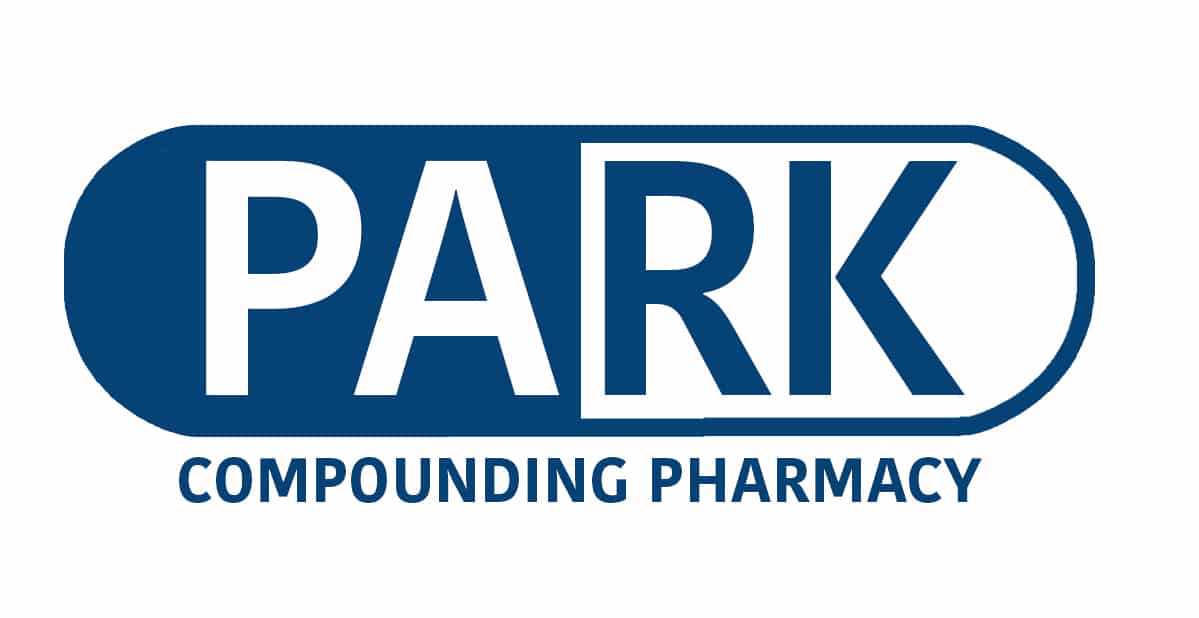Multiple sclerosis (MS) symptoms generally appear between the ages of 20 and 40. Doctors typically see a person after that person develops two or more distinct episodes of MS symptoms. These include tingling, numbness, loss of balance, weakness and blurred vision. As the disease progresses, other appearing symptoms may include muscle spasms, sensitivity to heat, fatigue, changes in thinking or perception, and sexual disturbances.
Compounding for MS
Low Dose Naltrexone
Low dose naltrexone (LDN) is a popular compound medication used for MS. Naltrexone is a pure opiate antagonist that has been used for years as part of heroin withdrawal programs. When given to humans in low doses, naltrexone increases the body’s production of endorphins. Patients with MS and other immune disorders have lower levels of endorphins than healthy patients. It is thought that the lower levels of endorphins cause some immune-system cells to malfunction and begin attacking the body’s nervous system. In MS patients, the myelin that insulates nerve fibers is attacked, leading to the development of scars (or plaque) in the brain, spinal cord and corresponding neuropathic symptoms. Current research in the United States is looking at LDN’s ability to stimulate the body’s production of endorphins, which may help alleviate some MS symptoms that patients experience. By helping to bolster the immune system, LDN is also showing encouraging results in other diseases such as certain cancers and HIV infection. Patients taking low-dose naltrexone report decreased progression in their disease with fewer exacerbations, arm-pain relief, improved bladder control, less fatigue, reduction in numbness in lower legs and feet, reduction in stiffness and muscle spasms, and reduction in dizziness and slurred speech.
4-Aminopyridine
Another compound prescription for MS is 4-Aminopyridine (4-AP). 4-AP is a drug shown to improve visual function and motor skills and relieve fatigue in MS patients. 4-AP is most effective in patients with a chronic progressive form of MS, in patients who are temperature-sensitive, and in patients who have had MS for longer than three years. Common side effects include dizziness, nervousness and nausea, and the incidence of adverse effects was shown to be less than 5% in all studies. 4-AP works as a potassium channel blocker. Electrophysiologic studies of demyelinated axons show that abnormal potassium currents decrease action potential duration and amplitude and contribute to conduction failure. Potassium channel blockade prolongs the repolarization phase of the action potential, increasing conductivity along the demyelinated axon. MS patients treated with 4-AP exhibited a response rate of 29.5% to 80%. A 32 month study indicated that 80%-90% of patients who initially responded to 4-AP exhibited long-term benefits. Although improving symptoms, 4-AP does not inhibit progression of MS. Spinal cord injury patients have also seen improvement with 4-AP therapy. These improvements include sensory, motor and pulmonary function, with a decrease in spasticity and pain. 4-AP is available from Park Compounding Pharmacy.
Herbal Medicine
Most prescription drugs are derived from plants but are often altered and used as single constituents. What makes herbal medicine unique is that plants have evolved and have been used as non-toxic medications for centuries. Some herbs may help reduce pain and inflammation, although there is yet no proof that they can treat MS. Talk to your doctor before incorporating herbs into your MS treatment plan.
Ginkgo Biloba
The results of a randomized control trial published in the January 2006 edition of Explore show that ginkgo biloba may help to alleviate fatigue in MS sufferers. Ginkgo biloba may cause a number of side effects, including nausea, diarrhea and allergic skin reactions, the National Center for Complementary and Alternative Medicine notes. This herb may interact with some medicines, including anticoagulants.
Green Tea
The main constituent of green tea, epigallocatechin-3-gallate, may offer a potential therapeutic avenue for young adults with inflammatory neurological disease, according to an article published in the November 2004 issue of the Journal of Immunology. The article’s lead author, O. Aktas, adds that this herb may also have neuroprotective effects. MedlinePlus notes that green tea is likely safe for most adults, but drinking more than five cups daily may cause side effects such as headache, dizziness and nausea. Green tea is contraindicated in a number of conditions, including osteoporosis and liver disease.
Bromelain
The University of Maryland Medical Center suggests that bromelain, an enzyme found in pineapples, may benefit multiple sclerosis patients by reducing pain and inflammation. However, there is little clinical evidence to prove this. One study, the results of which were published in the April 2005 issue of Multiple Sclerosis, found that bromelain is no more effective than placebo in alleviating the neurological symptoms of MS. Bromelain may cause an allergic reaction in some people and may increase the risk of bleeding in people taking anticoagulants.
Omega-3 Fatty Acids
Fat is an essential nutrient for the body. While some fats are deemed “bad,” others, such as polyunsaturated fats, actually help lower cholesterol and the risk of heart disease. These polyunsaturated fats — and the omega-3 fatty acids they contain — have been the focus of MS studies, with some evidence pointing to benefits for relapsing-remitting MS. Omega-3 fatty acids are found in certain fatty fish, such as salmon, mackerel, herring and sardines, and in fish-oil products. Smaller amounts are found in a few other sources, such as canola oil, flaxseed and walnuts. Fish-oil supplements, in pill or liquid form, are the richest sources of omega-3 fatty acids. A daily intake of up to 3 grams is usually considered safe.







